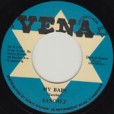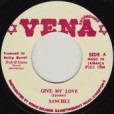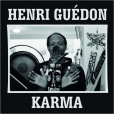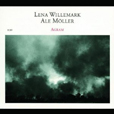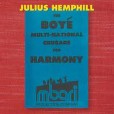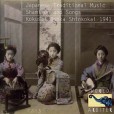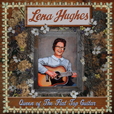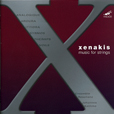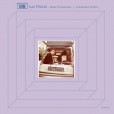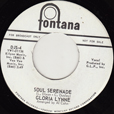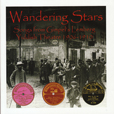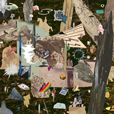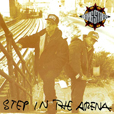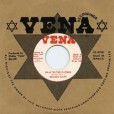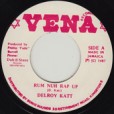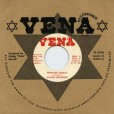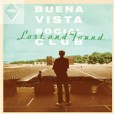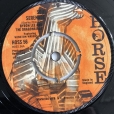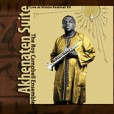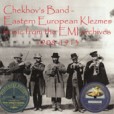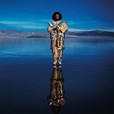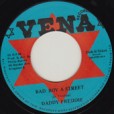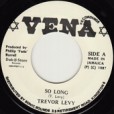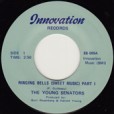Your basket is empty

The second LP of the mainstay of modern Caribbean/Antilles music, released in 1975 on a small Parisian label, La Voix Du Globe. It maintains the pressure of his debut Cosmozouk Percussion, incorporating African, Latin and West Indies styles like Gwoka, Mazouk, Biguine, Bel-Air and Bomba, together with swirling cosmic synths and intense roots percussion. Bomb.
The Nordan Project, combining Swedish folk and jazz improvisation. With Palle Danielsson on bass, from various Charles Lloyd, Keth Jarrett and Jan Garbarek lineups.
Legendary, no-nonsense, masterful finger-picking, with ethereal harmonics reminiscent of Washington Phillips. Reissuing a private-press LP recorded in Arkansas in the early 1960s. Notes by John Renbourn.
‘Visceral, sonically bold works exploring the many possibilities of writing for strings, including howling glissandi, clustered pizzicatos and tremelos, the clatter of bouncing bows, and rich dynamics and colour.’
Treasurable 78s about sex, booze, marriage — the original Yidl Mit Seine Fidl, a wild Simchas Torah — from the first Yiddish theatre in Europe. Patrons like Kafka, Joseph Roth and Chagall were knocked sideways.
An invigorating sampling of the prodigious output of this joint in Matariya, Cairo. Mahragan, or electro-shaabi, stripped down Sardena-style: auto-tuned, maxed-out vocals, thumping beats, synths, wild effects.
Fatis digi.
Opening with a Dennis Brown feint, Katt whirls through vegetarianism, military repression, street crime and religious salvation.
Buoyant anthem to ghetto people boutiques.
You can get anything on Princess Street, ‘from a pin to an anchor… Just have some cash, and you will conquer.’ Not like Orange Street, which is always getting shut down by plod.
Transfixingly stone-faced dub, for all hard-core Channel One massive.
The brilliant trumpeter’s final album as leader, from 2007 — fresh, nimble, exuberant, reaching, with Billy Bang on violin and Bryan Carrott on vibraharp.
In Anton Chekhov’s last play The Cherry Orchard, written just a few years before these Gramophone Company recordings in Odessa (mostly), the character Gayev hears off-stage ‘our famous Jewish orchestra… four violins, a flute and a double bass.’
In this period, klezmer music was venturing beyond its original role as Jewish wedding and celebratory music. It was proliferating in secular settings; sometimes disreputable, even underground. In the Odessa Stories, Isaac Babel mentions a bar with a house-band of ‘old Jews with dirty beards playing Romanian and Jewish tunes’; and klezmer would have been the soundtrack of the local brothels, pretty much all Jewish-owned. (One track here celebrates a new treatment for syphilis, Preparation 606… even lavishing a trumpet on proceedings.)
Tangy, exuberant, life-affirming music, high and low, mostly for dancing, featuring virtuosi like violinist Jascha Gegner and clarinettist Titunshnayder, presented with excellent notes.
Soulful steppers by TL, fresh from Tubby’s Firehouse.
